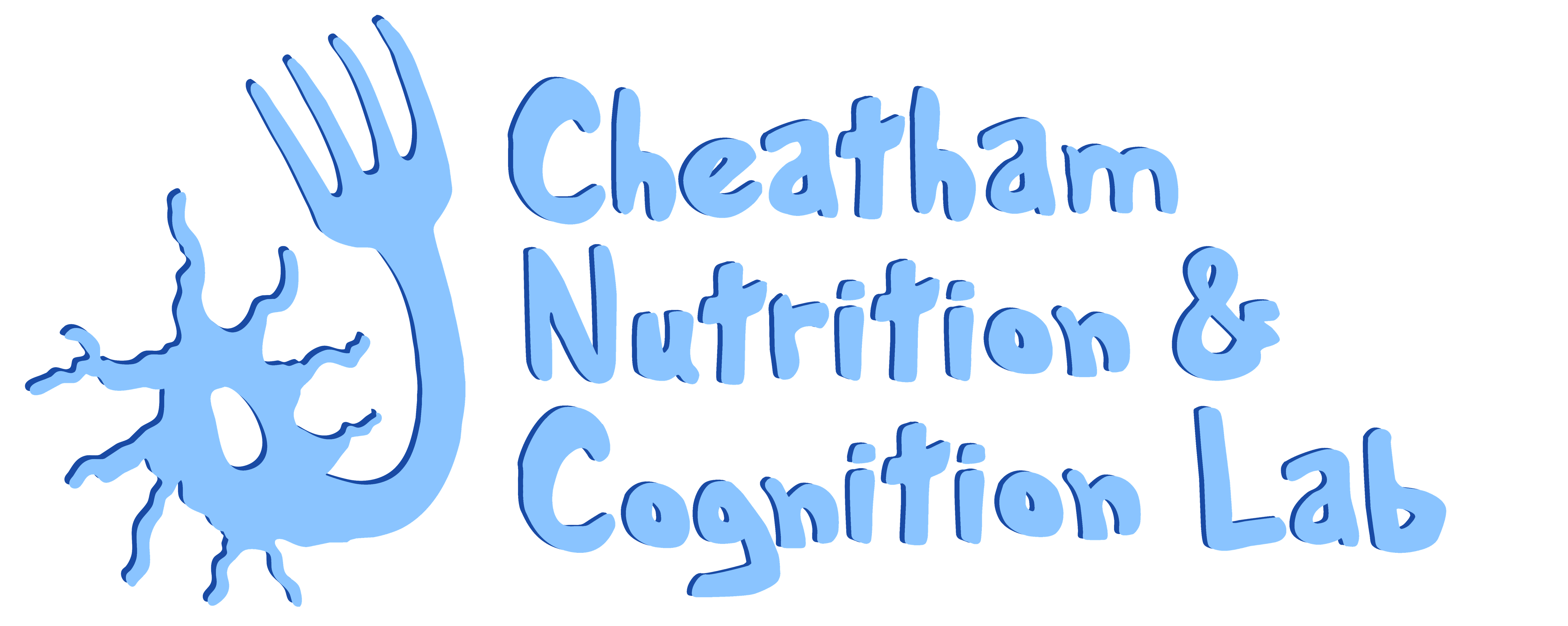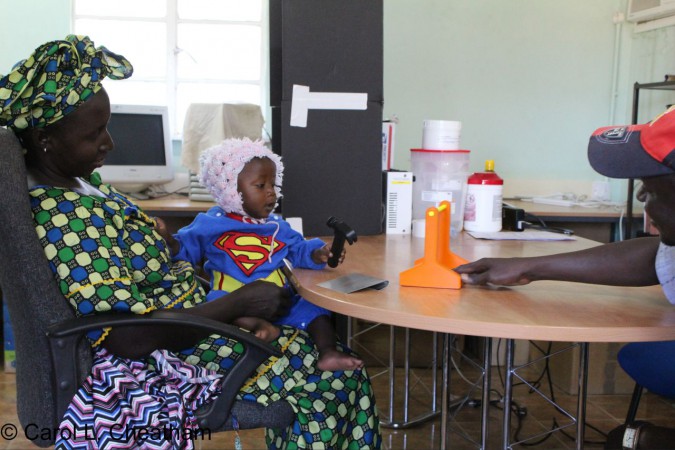
What We Do
The research in our lab focuses on effects of nutrition on brain development and function throughout the lifespan. We have studied breastfed 6-month olds to determine how the mother’s genotype affects brain development. Most recently, we completed a study that enrolled 65– to 79-year-olds who were experiencing mild cognitive decline to see if supplementing their diet with blueberries slows down memory loss. We are currently in the process of analyzing the data.
Carol L. Cheatham, Ph.D. specializes in the effects of nutrition on pediatric brain development. Dr. Cheatham and her team are working to discover how certain nutrients affect the development of people across the lifespan. For example, she is interested in the development of memory and attention as they are the basis for learning and thus, school readiness. Many different methods are used in the Cheatham lab to assess abilities.
To test memory, researchers and children take turns putting together specially designed toys. In addition, Dr. Cheatham uses special equipment that allows her to read brain activity. These methods of measuring brain function are used with groups of participants who are consuming a particular nutrient. Most recently, Dr. Cheatham has been working to determine if blueberries have an effect on slowing the decline of memory in older adults.
Who We Are
Dr. Cheatham is a National Institutes of Health funded developmental cognitive neuroscientist with a dual appointment as Associate Professor of Psychology and Neuroscience at the University of North Carolina at Chapel Hill and the Nutrition Research Institute (NRI) on the North Carolina Research Campus.
Where We Go
Research is not limited to the UNC Nutrition Research Institute in Kannapolis, North Carolina. In January 2013, Dr. Cheatham traveled to Keneba, The Gambia with her collaborator, Dr. Steven Zeisel. The women of The Gambia have a diet that is deficient in choline, a nutrient that is very important for fetal brain development. Dr. Cheatham used the EEG system with the children there. EGI, Inc. designed a solar-powered electrophysiology system specifically for this work.


